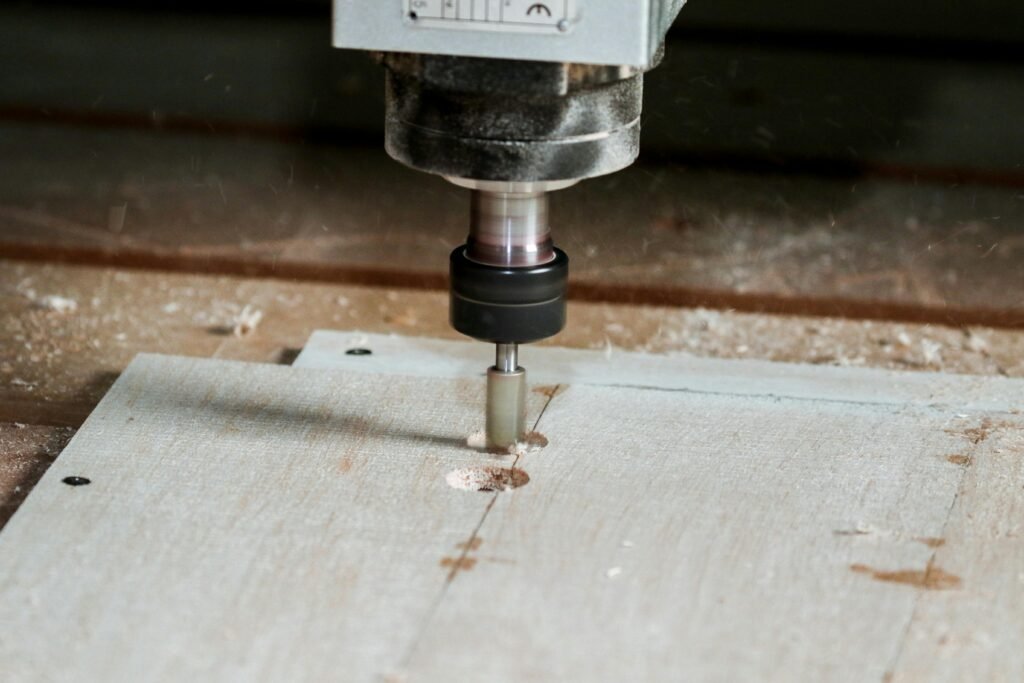Milling Machines: Precision and Versatility in Metalworking

Milling machines are essential tools in the world of manufacturing and fabrication. Known for their accuracy and versatility, they are widely used in industries ranging from automotive to aerospace. Whether you are a professional machinist or a hobbyist, understanding the functions, types, and benefits of milling machines can enhance your workshop’s productivity.
What is a Milling Machine?
A milling machine is a mechanical device that removes material from a workpiece using rotary cutters. Unlike lathes, which rotate the material, milling machines rotate the cutting tool. The workpiece remains stationary or moves along different axes, allowing for complex shapes and designs to be produced.
Types of Milling Machines
Milling machines come in various types, each designed for specific applications. Here are some common types:
- Vertical Milling Machine: The spindle is vertically oriented, making it ideal for operations like drilling, tapping, and cutting.
- Horizontal Milling Machine: Features a horizontally positioned spindle, providing better support for heavy workpieces and allowing for deeper cuts.
- CNC Milling Machine: Computer Numerical Control (CNC) machines offer automated and precise operations, perfect for mass production.
- Universal Milling Machine: This versatile machine can perform both horizontal and vertical milling tasks.
- Bed Milling Machine: Designed for large workpieces, these machines are stable and robust, offering superior precision.
Applications of Milling Machines
Milling machines are used for a variety of tasks, including:
- Creating slots, grooves, and holes
- Cutting complex shapes and contours
- Producing machine components and tools
- Fabricating automotive and aerospace parts
- Engraving and designing intricate patterns
Advantages of Using Milling Machines
- High Precision: Capable of creating detailed and accurate parts.
- Versatility: Suitable for different materials such as metal, plastic, and wood.
- Efficiency: CNC milling machines can produce large quantities with minimal manual intervention.
- Customization: Offers flexibility to create customized parts with ease.
Tips for Using a Milling Machine
- Always ensure the workpiece is securely clamped.
- Use appropriate cutting tools based on the material.
- Maintain the machine by regularly lubricating and cleaning it.
- Wear protective gear to ensure safety.
- Monitor spindle speed and feed rate for optimal performance.
Conclusion
Milling machines are a vital part of modern manufacturing processes. Their precision and adaptability make them indispensable for both small workshops and large-scale production facilities. At mgcmachinery.com we offer a range of milling machines to suit your needs. Explore our collection and take your machining capabilities to the next level.
Visit our website to learn more about our high-quality milling machines and other industrial tools.
Explore More: Milling Machines Collection

